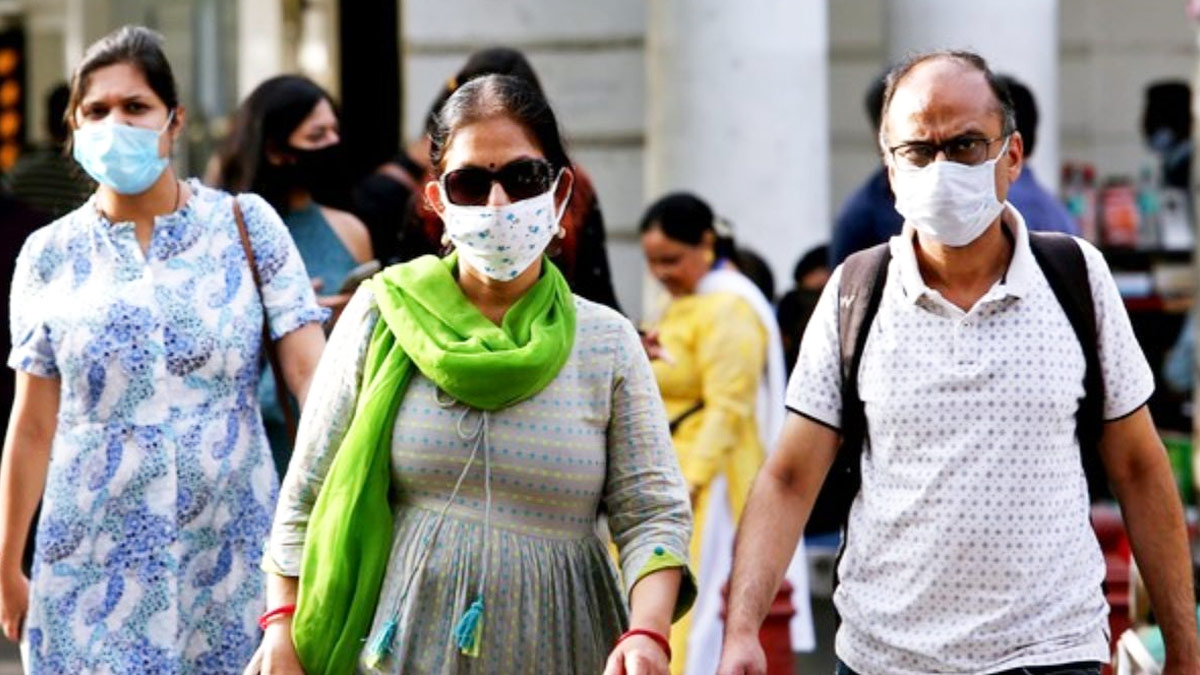
Bengaluru is currently grappling with a significant rise in flu cases and respiratory infections, creating widespread health concerns across the city. As the colder season sets in, residents are increasingly reporting symptoms of seasonal flu, asthma, bronchitis, and other respiratory ailments. This surge in illnesses has been linked to environmental and lifestyle factors characteristic of the winter months.
Table of Content:-
The Winter Effect on Respiratory Health
Winter ushers in conditions that exacerbate respiratory issues, particularly in urban settings like Bengaluru. The drop in temperature compels people to spend more time indoors, where exposure to airborne irritants is heightened. Dust, mould, and pollutants from everyday household activities such as cooking or lighting incense sticks aggravate respiratory systems, especially for those with pre-existing conditions. Furthermore, the cold air itself can irritate sensitive airways, triggering asthma or bronchitis in vulnerable populations.

The lack of proper ventilation in enclosed spaces also creates a breeding ground for viruses and allergens, leading to a higher likelihood of infections during this season. For individuals already susceptible to respiratory challenges, these conditions significantly increase the risk of complications.
Factors Contributing to the Rise in Infections
Dust and Mould Proliferation
Humidity levels in Bengaluru's winter season provide an ideal environment for dust and mould growth, particularly in poorly ventilated areas. These allergens can exacerbate asthma and trigger allergic reactions in sensitive individuals.
Also Read: India Launches First-Ever Diabetes Biobank In Chennai To Revolutionize Research And Treatment
Poor Indoor Air Quality
Pollutants from indoor activities such as cooking and incense burning further reduce air quality, leading to respiratory discomfort. Prolonged exposure to these irritants can cause coughing, wheezing, and other flu-like symptoms.
Viral Spread
Seasonal flu viruses thrive in cooler climates, spreading rapidly in confined spaces where people are in close contact. This has contributed significantly to the uptick in flu cases across the city.

Allergies
Winter also brings specific allergens, including pollen from certain seasonal plants. These allergens can cause sneezing, runny noses, and respiratory irritation, making the season particularly challenging for allergy sufferers.
Proactive Measures to Safeguard Health
While winter respiratory ailments may seem unavoidable, adopting a proactive approach can reduce the risk of falling ill. Here are some practical tips to safeguard your health:
Also Read: Mystery 'Dancing Disease' Outbreak In Uganda Leaves Hundreds Shaking Uncontrollably
Improve Indoor Air Circulation
Ensure adequate ventilation by keeping windows open during warmer parts of the day. Use exhaust fans in kitchens and bathrooms to minimise humidity and improve air quality. Regularly clean air conditioning and heating filters to reduce allergen buildup.
Opt for Cleaner Alternatives
Switch to low-emission cooking and heating options such as electric stoves or heaters. These alternatives not only minimize indoor pollutants but also contribute to a healthier environment.
Boost Immunity
Maintain a balanced diet rich in nutrients, including Vitamin C and antioxidants, to strengthen your immune system. Fruits, vegetables, and whole grains are particularly beneficial in supporting the body's defences.
Stay Warm and Hydrated
Wear warm clothing to shield against the cold and prevent irritation of the respiratory tract. Drinking warm fluids like soups or herbal teas can soothe symptoms and keep you hydrated.
Practice Good Hygiene
Frequent handwashing with soap and water is essential in preventing the spread of respiratory infections. Avoid touching your face, as viruses often spread through contact with contaminated surfaces.
Stay Active
Regular physical activity promotes lung health and circulation. If outdoor exercise isn’t feasible, indoor activities like yoga or stretching can keep your body active.
Bottomline
Bengaluru’s current flu surge serves as a reminder of the seasonal vulnerabilities that come with colder weather. By understanding the factors contributing to this rise in respiratory illnesses and adopting preventive measures, residents can better protect themselves and their families. Staying informed and proactive is key to navigating the health challenges of the winter months.
Also watch this video
How we keep this article up to date:
We work with experts and keep a close eye on the latest in health and wellness. Whenever there is a new research or helpful information, we update our articles with accurate and useful advice.
Current Version